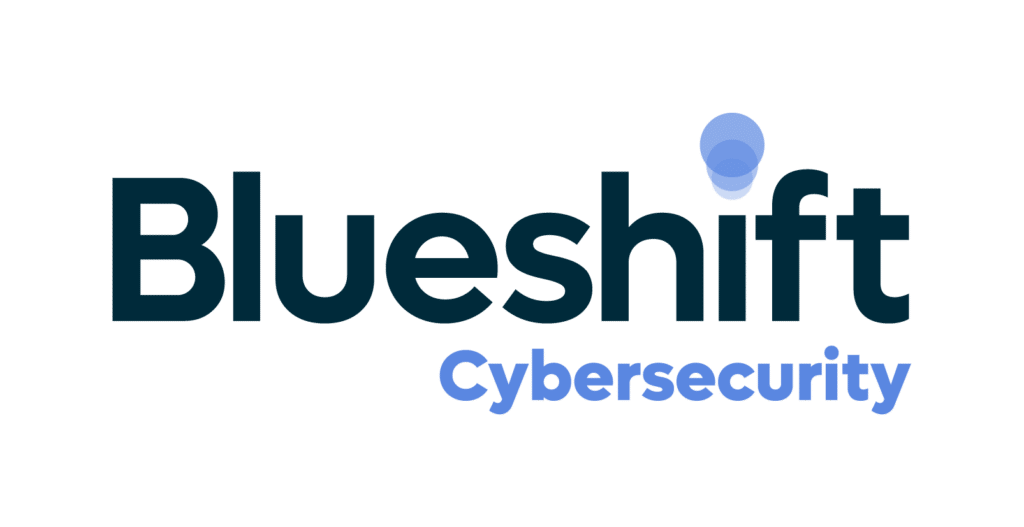The financial sector remains one of the top targets for cybercriminals due to its vast amounts of sensitive data, transactional processes, and digital assets. From phishing scams and ransomware attacks to insider threats and account takeovers, financial institutions must constantly defend against evolving cyber threats.
One of the most effective ways to safeguard financial systems is through cyber intelligence, which enables proactive threat hunting and cyber defense strategies. By leveraging Security Operations Center (SOC) services, financial institutions can detect threats before they escalate into major security breaches.
Understanding Cyber Intelligence in Financial Cybersecurity
Cyber intelligence refers to the collection, analysis, and application of data to predict, detect, and prevent cyber threats. In the financial sector, this means monitoring digital infrastructures, analyzing cybercriminal behaviors, and proactively mitigating risks before they materialize into breaches.
Key components of cyber intelligence include:
- Threat Intelligence Feeds – Aggregated data on known cyber threats, malicious IPs, and attack trends.
- Behavioral Analytics – Monitoring system behaviors and detecting unusual activities in financial transactions.
- Dark Web Monitoring – Identifying stolen credentials, payment information, and financial institution data circulating in cybercriminal marketplaces.
- Incident Response – Investigating alerts and acting swiftly to contain and eliminate cyber threats.
By leveraging cyber intelligence, financial institutions move from reactive security postures to proactive defense strategies, ensuring stronger protection against sophisticated attacks.
The Role of SOC Services in Threat Hunting
A Security Operations Center (SOC) is an integral part of financial cybersecurity, offering 24/7 monitoring, real-time threat detection, and advanced threat-hunting capabilities. By integrating cyber intelligence with SOC services, financial institutions gain a tactical advantage in identifying potential vulnerabilities before they become security incidents.
How SOC Services Strengthen Financial Cybersecurity
- Continuous Threat Monitoring
- A SOC actively analyzes financial transactions, login attempts, and network activities to identify anomalies.
- Using AI-driven analytics, it detects unusual spending patterns or unauthorized system access.
- Advanced Threat Hunting
- Cybercriminals often operate under the radar, remaining undetected for months.
- Threat hunting allows SOC teams to search for hidden indicators of compromise (IOCs) and detect threats before they execute.
- Rapid Incident Response
- If a security breach is detected, a SOC immediately isolates compromised systems, investigates the attack, and deploys mitigation measures.
- This minimizes financial and reputational damage.
- Compliance & Regulatory Alignment
- Financial institutions must comply with regulations such as PCI-DSS, GDPR, and FFIEC.
- SOC services ensure that cybersecurity policies align with compliance frameworks while providing audit-ready security logs.
- Reducing Attack Dwell Time
- Cyber intelligence helps identify potential threats early, reducing dwell time (the duration attackers remain undetected in a system).
- The faster an attack is discovered, the lower the risk of data loss or financial fraud.
Why Financial Institutions Need a Proactive Cybersecurity Approach
Cybercriminals are constantly refining their tactics to bypass traditional security defenses. Reactive cybersecurity measures are no longer sufficient—financial institutions must take a proactive approach through:
- Predictive Analysis – Leveraging AI-powered threat intelligence to forecast potential risks.
- Automated Threat Detection – Using machine learning to identify cyber threats in real time.
- Cloud Security Monitoring – Protecting financial assets stored in cloud environments.
With cyber intelligence and SOC services, financial institutions can proactively strengthen their defenses against fraud, insider threats, and sophisticated cyber attacks.
Why Choose Blueshift Cybersecurity?
Blueshift Cybersecurity offers cutting-edge SOC services powered by cyber intelligence to help financial institutions detect, prevent, and neutralize cyber threats before they cause harm. Our solutions include:
- 24/7 SOC Monitoring & Incident Response
- AI-Driven Threat Intelligence & Dark Web Monitoring
- Regulatory Compliance Support for PCI-DSS, GDPR, FFIEC & More
- Advanced Threat Hunting & Risk Mitigation Strategies
Secure your financial institution with the best in proactive cybersecurity. Contact Blueshift Cybersecurity today to learn how our SOC services can strengthen your financial cybersecurity strategy.
FAQs
What is cyber intelligence, and why is it important in financial cybersecurity?
Cyber intelligence is the process of collecting and analyzing security data to predict, detect, and prevent cyber threats. It helps financial institutions stay ahead of cybercriminals and protect sensitive financial data.
How do SOC services benefit financial institutions?
SOC services provide 24/7 threat monitoring, real-time incident response, compliance management, and proactive threat hunting to prevent financial data breaches.
What are advanced persistent threats (APTs), and how do they impact financial institutions?
APTs are long-term, targeted cyber attacks designed to infiltrate financial networks and steal sensitive information. Cyber intelligence and SOC services help detect and neutralize these threats before damage occurs.
How does Blueshift Cybersecurity help financial institutions comply with regulations?
Blueshift’s SOC services align with compliance standards such as PCI-DSS, GDPR, and FFIEC, ensuring financial institutions meet security and regulatory requirements.
What should financial organizations look for in a cybersecurity provider?
Financial institutions should prioritize cybersecurity providers that offer real-time threat intelligence, 24/7 SOC monitoring, compliance expertise, and advanced threat hunting capabilities like those provided by Blueshift Cybersecurity.
